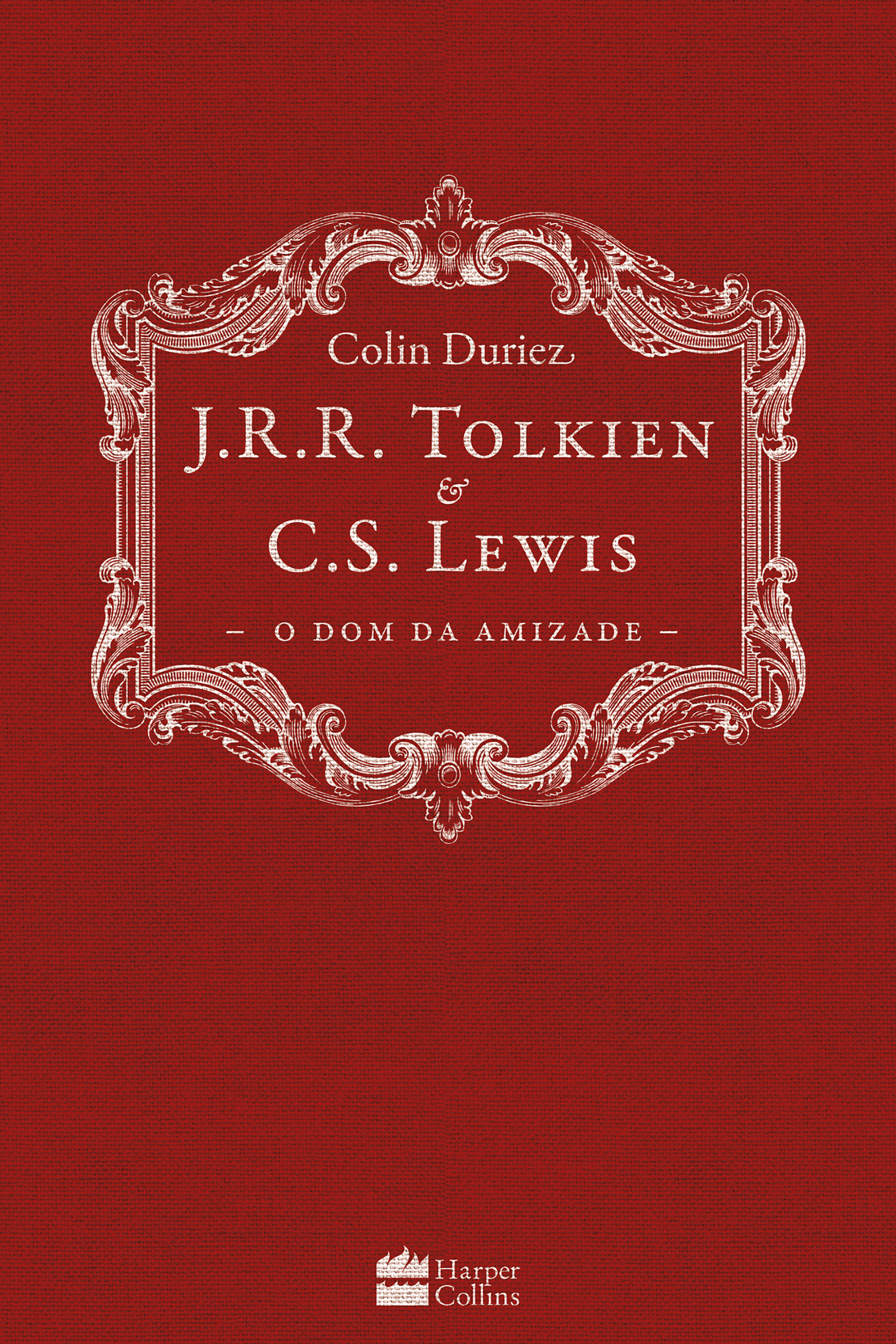What do you think?
Rate this book


They quickly discovered their affinity--a love of language and the imagination, a wide reading in northern myth and fairy tale, a desire to write stories themselves in both poetry and prose. The quality of their literary friendship invites comparisons with those of William Wordsworth and Samuel Taylor Coleridge, William Cowper and John Newton, and G.K. Chesterton and Hillaire Belloc. Both Tolkien and Lewis were central figures in the informal Oxford literary circle, the Inklings.
This book explores their lives, unfolding the extraordinary story of their complex friendship that lasted, with its ups and downs, until Lewis's death in 1963. Despite their differences--differences of temperament, spiritual emphasis, and view of their storytelling art--what united them was much stronger, a shared vision that continues to inspire their millions of readers throughout the world.
304 pages, Hardcover
First published January 1, 2003
Lewis was a big, full-blown man—overbearing, almost…Tolkien was a slight figure—I’d say three quarters the weight of Lewis. [Tolkien’s] remarks were always made by the way, and not [with a] knock you down, take them or leave them attitude. His whole manner was elusive rather than direct, while Lewis came straight out at you.
[He] says the great thing is that its centre is not in strife and war and heroism (though they are understood and depicted) but in freedom, peace, ordinary life, and good living.
Joyce, Woolf, Waugh, Fitzgerald, Faulkner—not to mention Stephen King or Anne Rice—are adept at portraying evil, twisted, neurotic, or self-absorbed characters. But how often does one find good, decent, or wholesome characters portrayed so often and so successfully in modern literature? At both the grand scale (Aslan, Galadriel) and the simple (Mr. and Mrs. Beaver, the hobbits), Lewis and Tolkien could show you what goodness looks like in the flesh.
"I recognize [Walt Disney's] talent, but it has always seemed to me hopelessly corrupted. Though in most of the 'pictures' proceeding from his studios there are admirable or charming passages, the effect of all of them to me is disgusting. Some have given me nausea."
Dwarfs ought to be ugly of course, but not in that way. And the dwarfs’ jazz party was pretty bad. I suppose it never occurred to the poor boob that you could give them any other kind of music. But all the terrifying bits were good, and the animals really most moving: and the use of shadows (of dwarfs and vultures) was real genius. What might not have come of it if this man had been educated–or even brought up in a decent society?